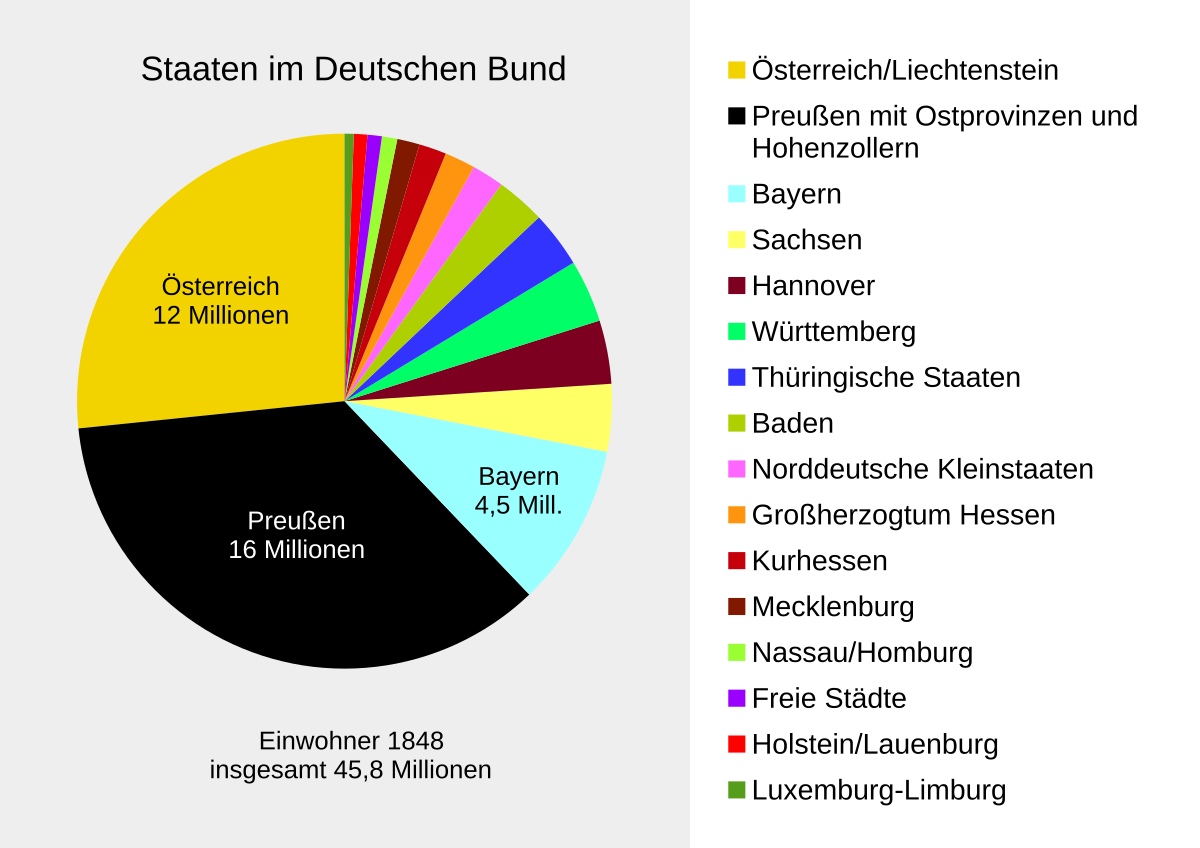rupol2000
Gold Member
- Aug 22, 2021
- 18,215
- 2,625
- 138
- Thread starter
- Banned
- #21
The word caesar is the same as the kshatriyas, they were the Aryan rulers who came from the La Tene culture. After it became a republic, it was just a legacy.After which victory? The Holy Empire was made to the Holy Roman Empire when Carolus Magnus had been crowned to be the Roman Emperor from Pope Leo III in the Christmas tide of the year 800 A.D. Still the "augustus" (=emperor) had lived in Byzantium - but now also existed a Cesar (=emperor) again. I guess by the way that we Germans speak out "Kaiser" how the ancient Romans really had spoken out "Cesar" (="Caesar").
After that, there was no longer real royal power. And the Germans never had it at all. According to the information that has come down to us, they were ruled by judges, scribes. The Franks issued salic truths, these were church documents. It was originally a state of priests, not kings.
 Hitler was? I am blond haired and blue eyed for example. But in Germany exist since ever all colors of hairs. From very black to very blond.
Hitler was? I am blond haired and blue eyed for example. But in Germany exist since ever all colors of hairs. From very black to very blond.
